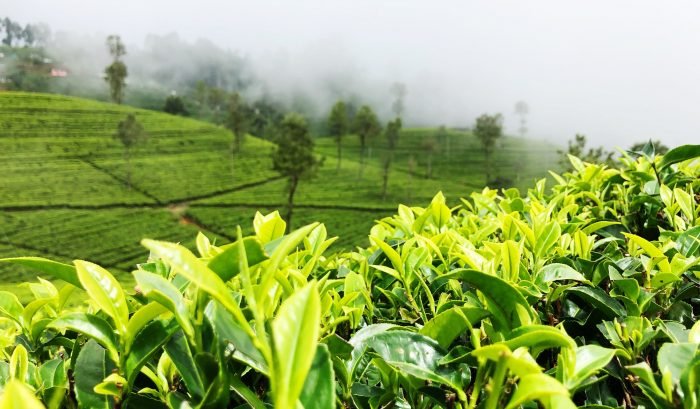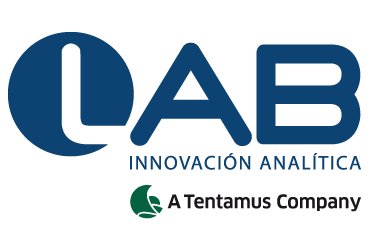Karanjin is a type of flavonoid obtained from the seeds of the karanja tree (Millettia pinnata or Pongamia glabra Vent.), a tree that grows wild in southern India, and has insecticidal functions.
Regarding its legal status, the active substance is currently not registered as a pesticide in the EU. Therefore, that the application of a default MRL of 0.01 mg/kg, as set out in Article 18 of Regulation (EC) No 396/2005, would not legally apply.
The legal assessment of the active substance in organic farming also raised questions, since, for example, the use of plant extracts (as leaf fertilisers or plant fortifiers) is, basically allowed in organic farming.
As far as toxicological evaluation is concerned, there is currently no known DARf or ADI (Acceptable Daily Intake) value against which the values obtained in case of detection can be assessed.
However, the fact that its origin, biological or chemical, cannot be distinguished has led as in the case of the Matrine issue, to a decision by distribution chains to prevent the import of fruit and vegetables with residues of this active ingredient, in order to protect consumers, while the legal situation is being clarified.
In view of this situation, L.A.B. would like to inform you that it routinely monitors this active ingredient in all its multi-residue analyses in fruit and vegetables with a quantification limit of 0.01 mg/kg, at no additional cost to its clients.
Due to the flexible nature of accreditation in pesticides for L.A.B.´s multi-residue analysis, would like to emphasize that, L.A.B. is the only laboratory in Spain with ENAC accreditation for Karanjin, and therefore has all the analytical guarantees of its quality system and requirements for its customers.
The aim of this extension is to help fruit and vegetable companies to continue exporting to the international market with full guarantees.


